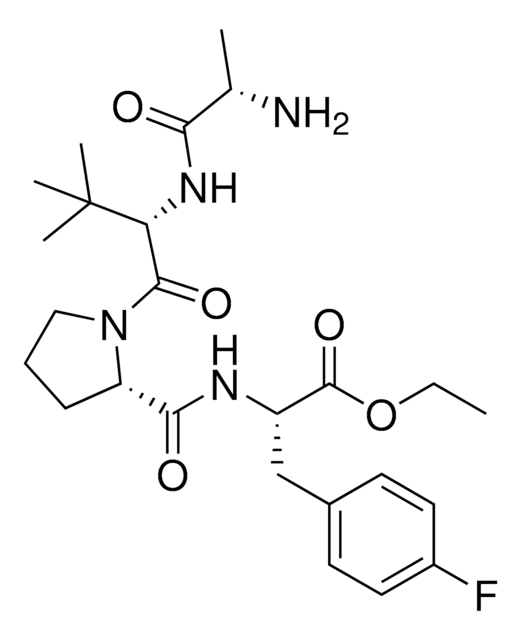Wichtige Dokumente
919470
CCW16-PEG2-butyl-BocNH
≥95%
Synonym(e):
tert-Butyl (6-(2-(2-(4-(4-(N-benzyl-2-chloroacetamido)phenoxy)phenoxy)ethoxy)ethoxy)hexyl)carbamate, Crosslinker-E3 Ligase ligand conjugate, Protein degrader building block for PROTAC® research, RNF4-targeting building block, Template for synthesis of targeted protein degrader
About This Item
Empfohlene Produkte
ligand
CCW16
Qualitätsniveau
Assay
≥95%
Form
liquid
Eignung der Reaktion
reactivity: carboxyl reactive
reagent type: ligand-linker conjugate
Funktionelle Gruppe
amine
Lagertemp.
2-8°C
SMILES String
O=C(CCl)N(CC1=CC=CC=C1)C2=CC=C(C=C2)OC3=CC=C(OCCOCCOCCCCCCNC(OC(C)(C)C)=O)C=C3
InChI
1S/C36H47ClN2O7/c1-36(2,3)46-35(41)38-21-9-4-5-10-22-42-23-24-43-25-26-44-31-17-19-33(20-18-31)45-32-15-13-30(14-16-32)39(34(40)27-37)28-29-11-7-6-8-12-29/h6-8,11-20H,4-5,9-10,21-28H2,1-3H3,(H,38,41)
Anwendung
Sonstige Hinweise
Portal: Building PROTAC® Degraders for Targeted Protein Degradation
Covalent Ligand Screening Uncovers a RNF4 E3 Ligase Recruiter for Targeted Protein Degradation Applications
targeted protein degradation
Targeted Protein Degradation by Small Molecules
Small-Molecule PROTACS: New Approaches to Protein Degradation
Targeted Protein Degradation: from Chemical Biology to Drug Discovery
Rechtliche Hinweise
Ähnliches Produkt
Lagerklassenschlüssel
11 - Combustible Solids
WGK
WGK 3
Flammpunkt (°F)
Not applicable
Flammpunkt (°C)
Not applicable
Hier finden Sie alle aktuellen Versionen:
Analysenzertifikate (COA)
Leider sind derzeit keine COAs für dieses Produkt online verfügbar.
Wenn Sie Hilfe benötigen, wenden Sie sich bitte an Kundensupport
Besitzen Sie dieses Produkt bereits?
In der Dokumentenbibliothek finden Sie die Dokumentation zu den Produkten, die Sie kürzlich erworben haben.
Unser Team von Wissenschaftlern verfügt über Erfahrung in allen Forschungsbereichen einschließlich Life Science, Materialwissenschaften, chemischer Synthese, Chromatographie, Analytik und vielen mehr..
Setzen Sie sich mit dem technischen Dienst in Verbindung.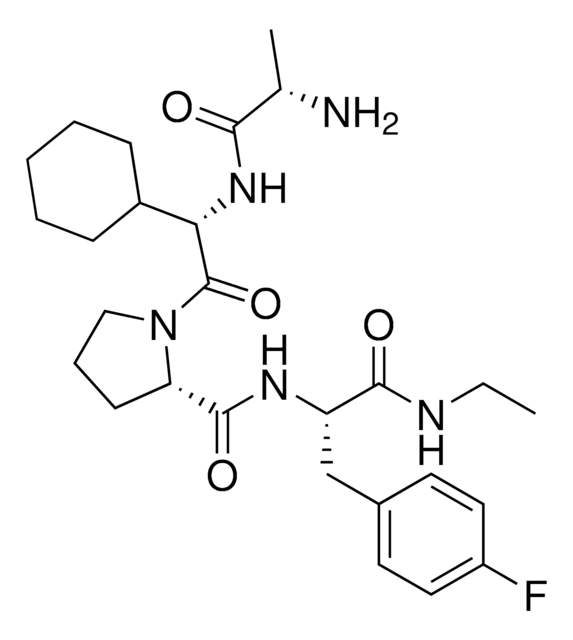
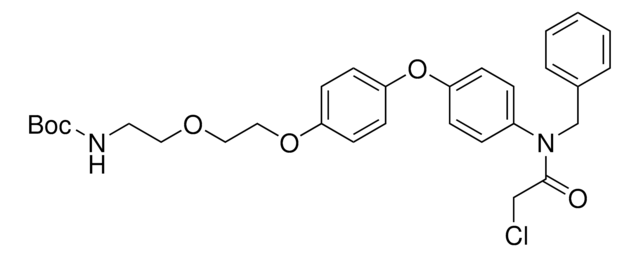
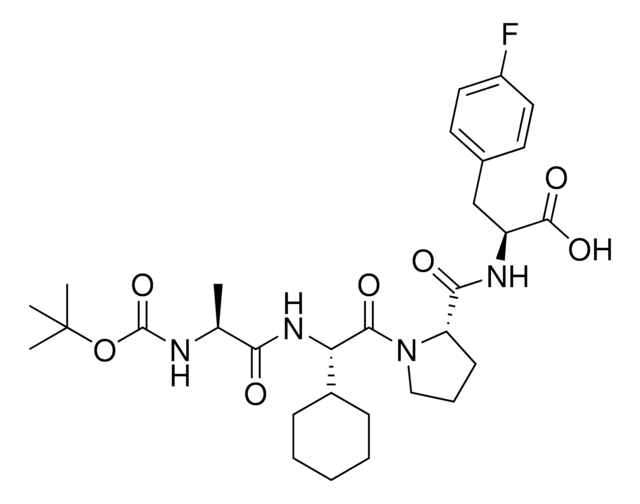
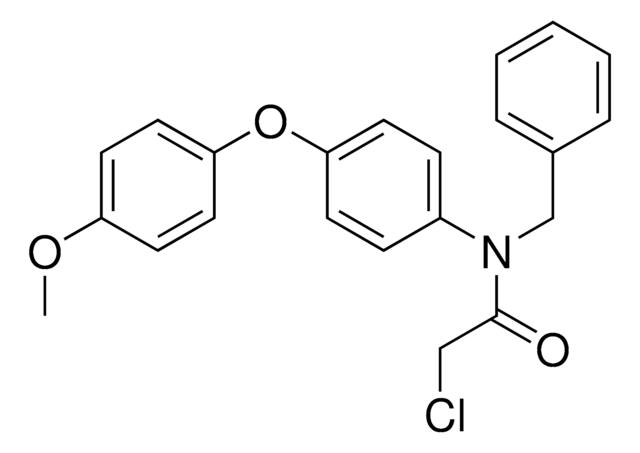
![[4,4′-Bis(1,1-dimethylethyl)-2,2′-bipyridine] nickel (II) dichloride](/deepweb/assets/sigmaaldrich/product/structures/471/091/6faa29b1-bf8a-4d87-90b2-4cc55e082620/640/6faa29b1-bf8a-4d87-90b2-4cc55e082620.png)



![(Ir[dF(CF3)ppy]2(dtbpy))PF6](/deepweb/assets/sigmaaldrich/product/structures/982/913/02dd8ddd-6deb-40a0-ab9b-07b18f1abb09/640/02dd8ddd-6deb-40a0-ab9b-07b18f1abb09.png)
